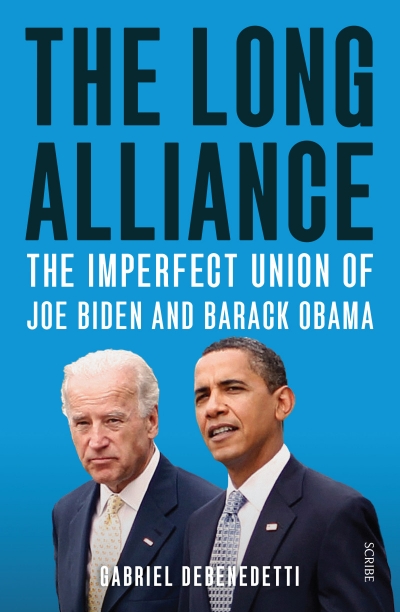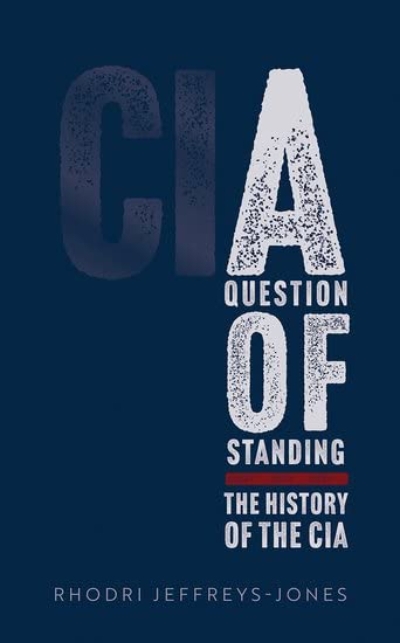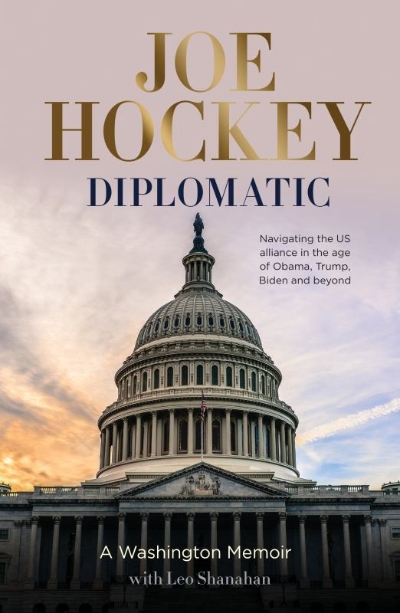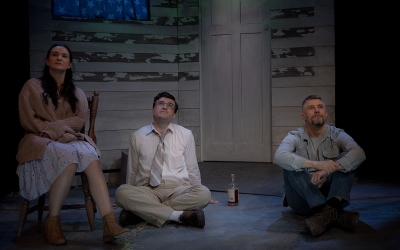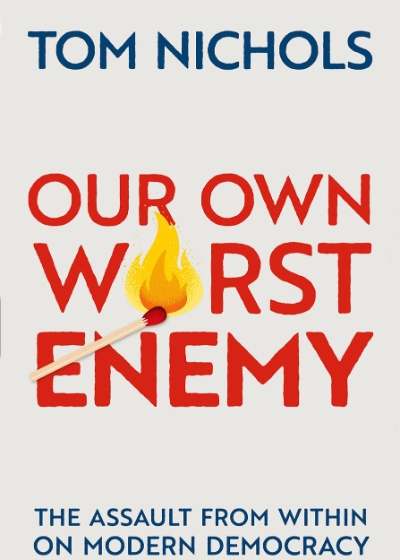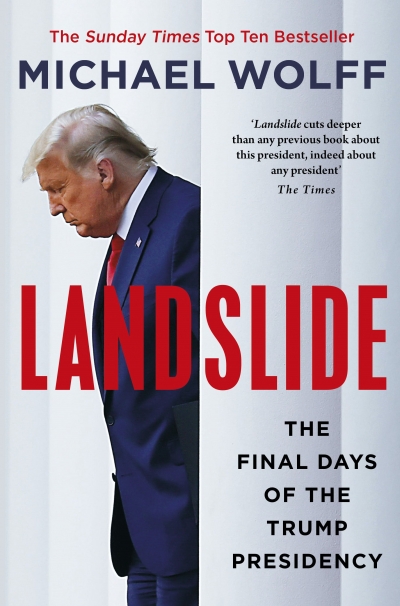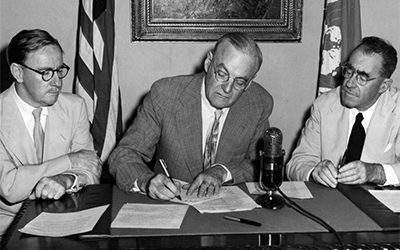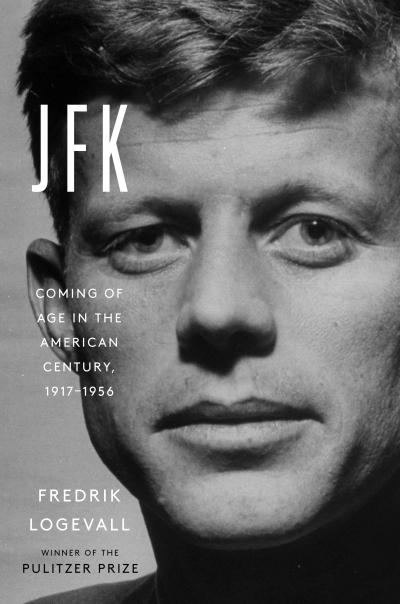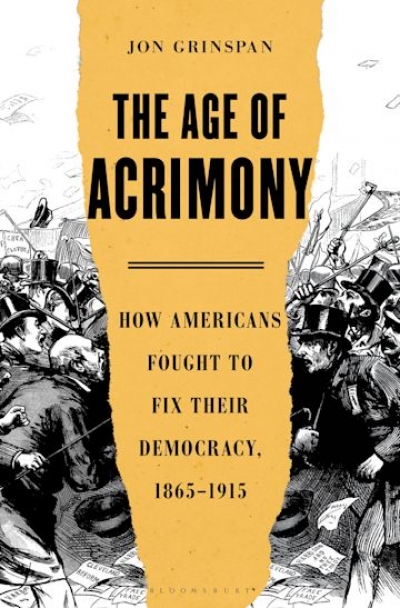US Politics
The Long Alliance: The imperfect union of Joe Biden and Barack Obama by Gabriel Debenedetti
A Question of Standing: The history of the CIA by Rhodri Jeffreys-Jones
August in Kabul: America’s last days in Afghanistan by Andrew Quilty
Diplomatic: A Washington memoir by Joe Hockey with Leo Shanahan
Not long into Will Arbery’s Heroes of the Fourth Turning a character brings out an acoustic guitar and is asked to play a song. He chooses Townes Van Zandt’s ‘Nothin’’, a melancholy ballad pulled from the annals of American folk music. When it was released in 1971, many assumed it represented Van Zandt’s struggle with drug addiction. In fact, as he explained two years before his death, the song was inspired by Nikos Kazantzakis’s The Last Temptation of Christ, a novel banned by the Catholic Church in 1955 for representing a Christ figure prone to human fallibilities.
... (read more)Our Own Worst Enemy: The assault from within on modern democracy by Tom Nichols
Landslide by Michael Wolff & Peril by Bob Woodward and Robert Costa
Surely it wasn’t meant to be like this. In early September, Prime Minister Scott Morrison was set to attend a lavish ceremony in Washington to mark the seventieth anniversary of the signing of the ANZUS Treaty. On the same trip, he was due to sit down in person for the first time with his US, Indian, and Japanese counterparts, fellow members of the ‘Quadrilateral Security Dialogue’, or ‘Quad’, a gathering primed to be a regional counterweight to China.
... (read more)
